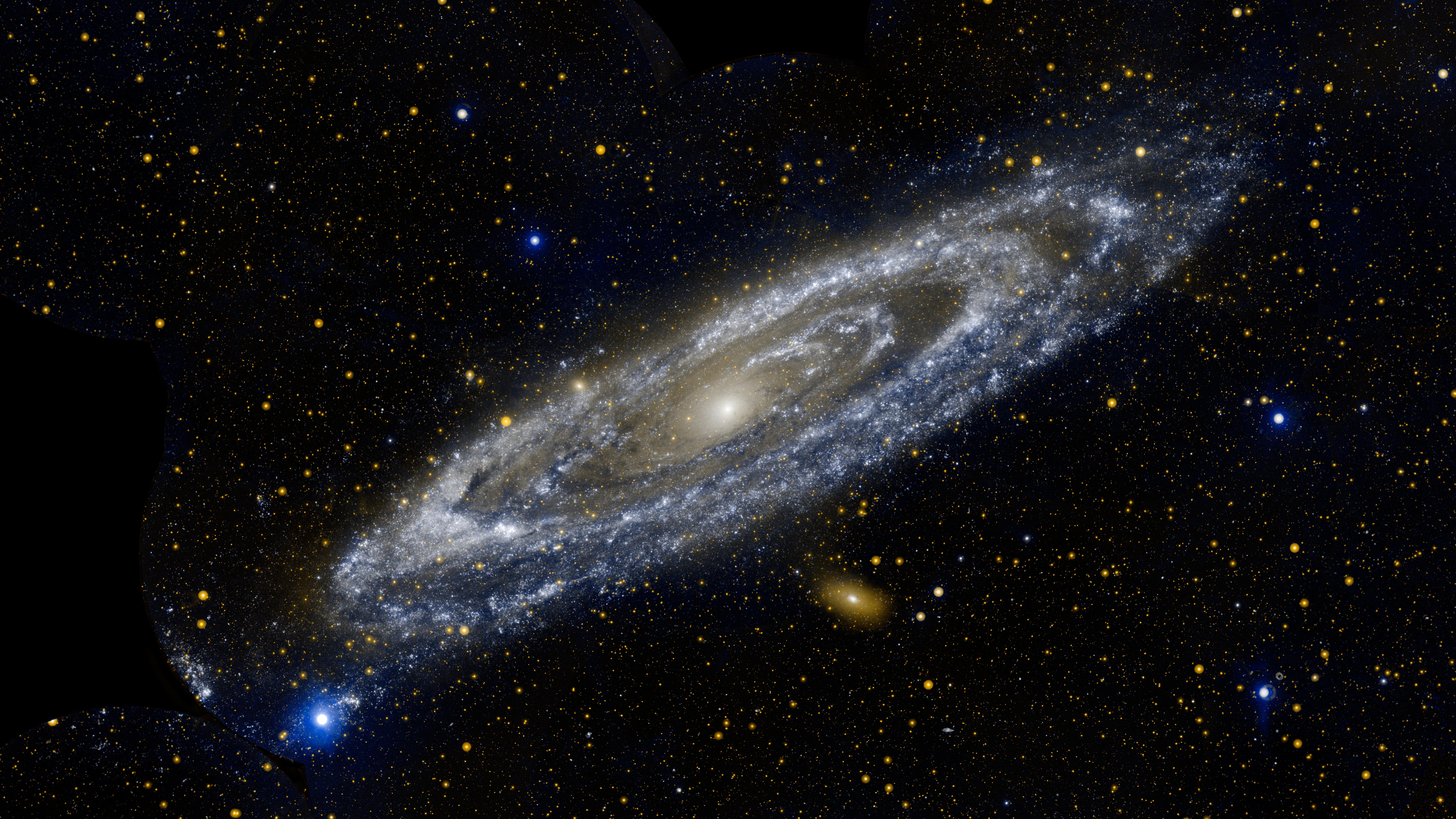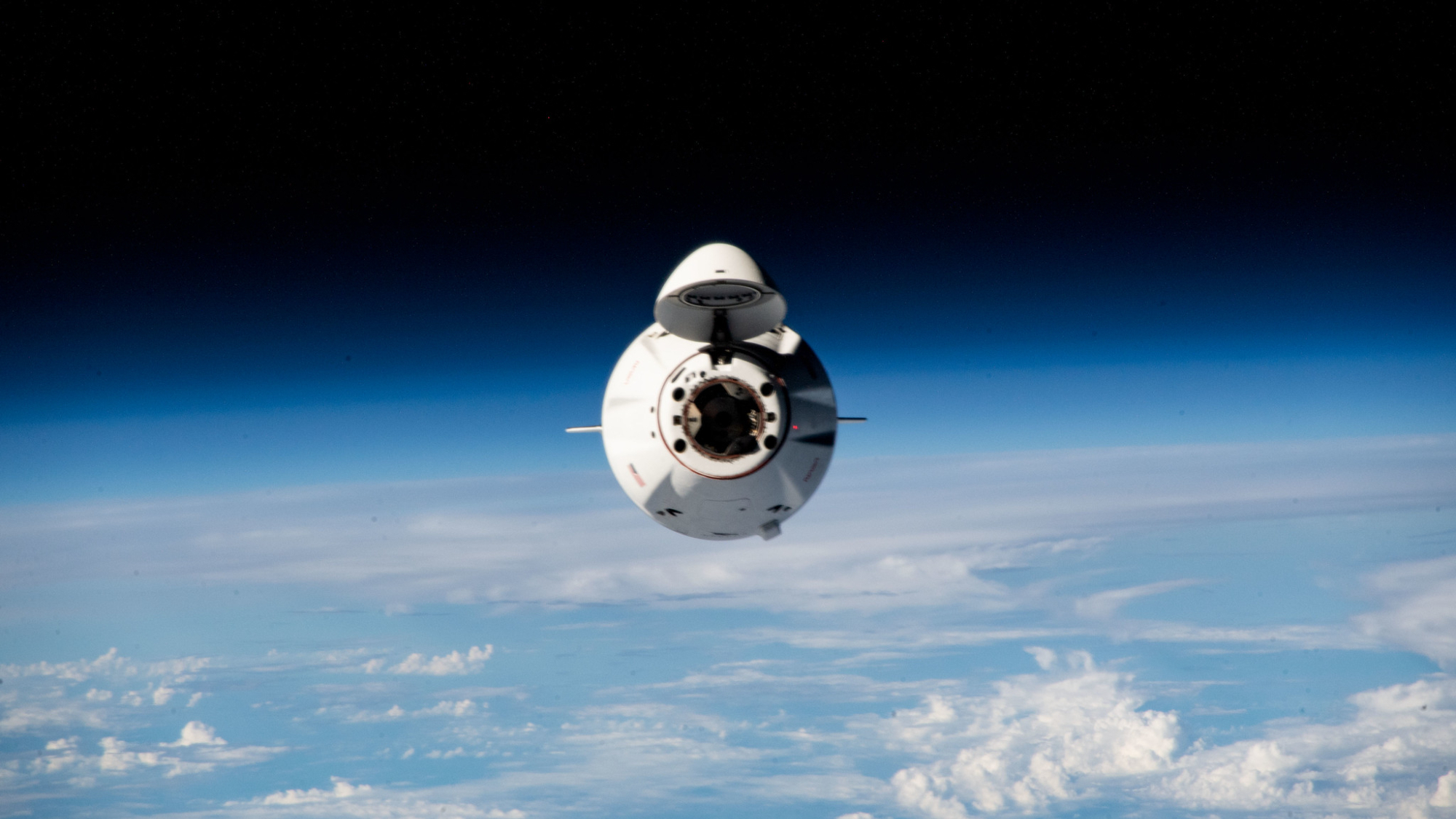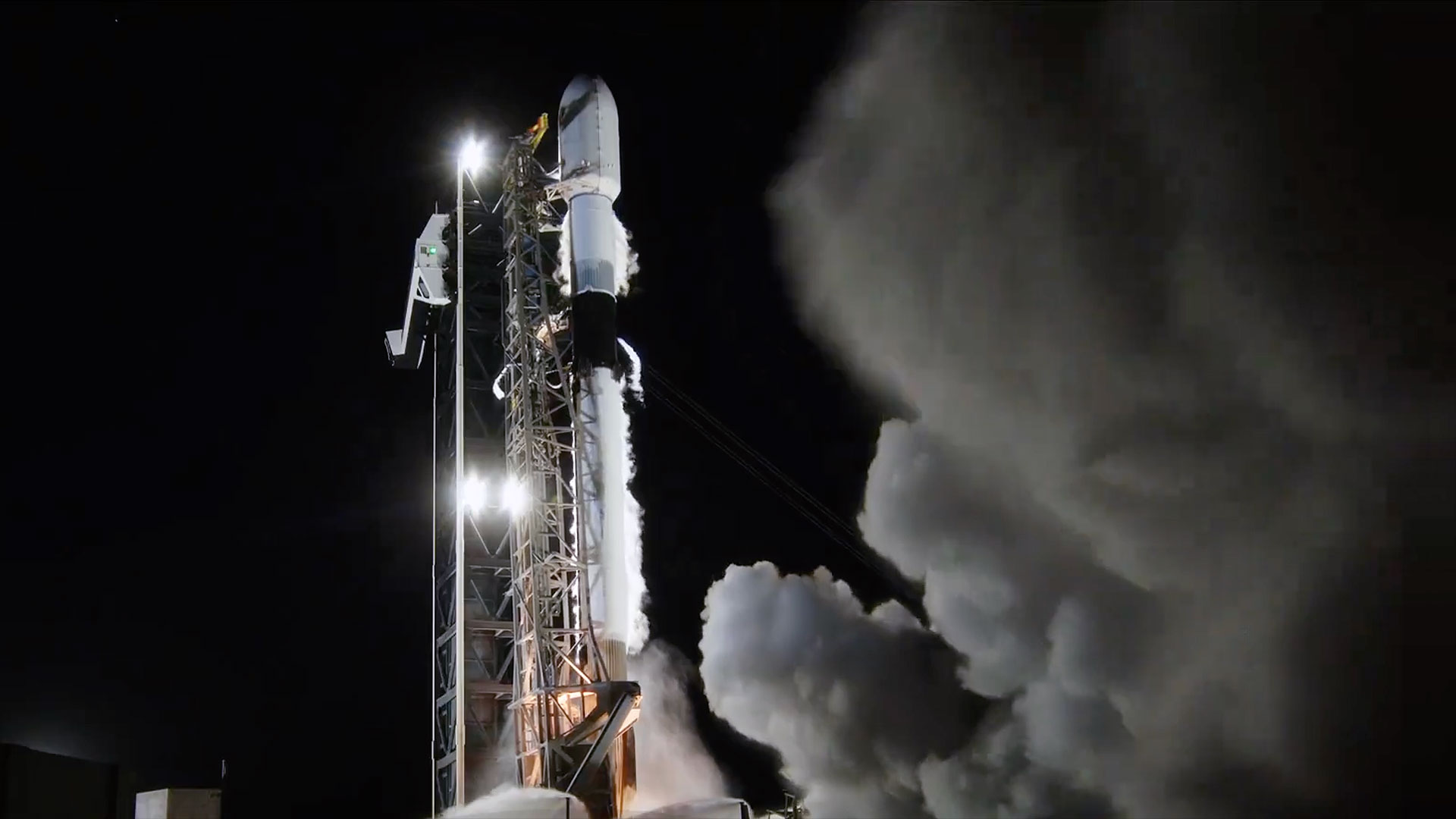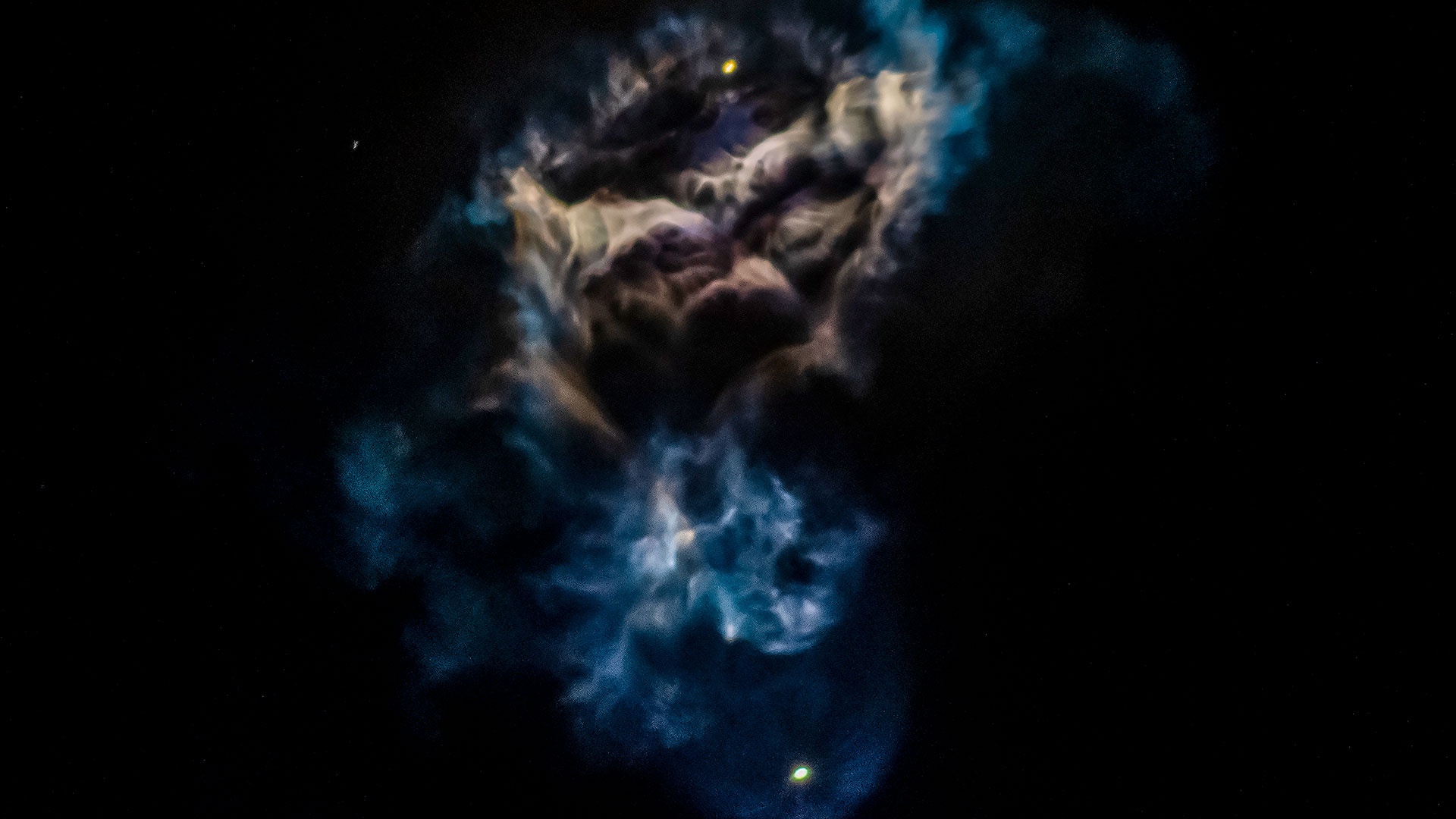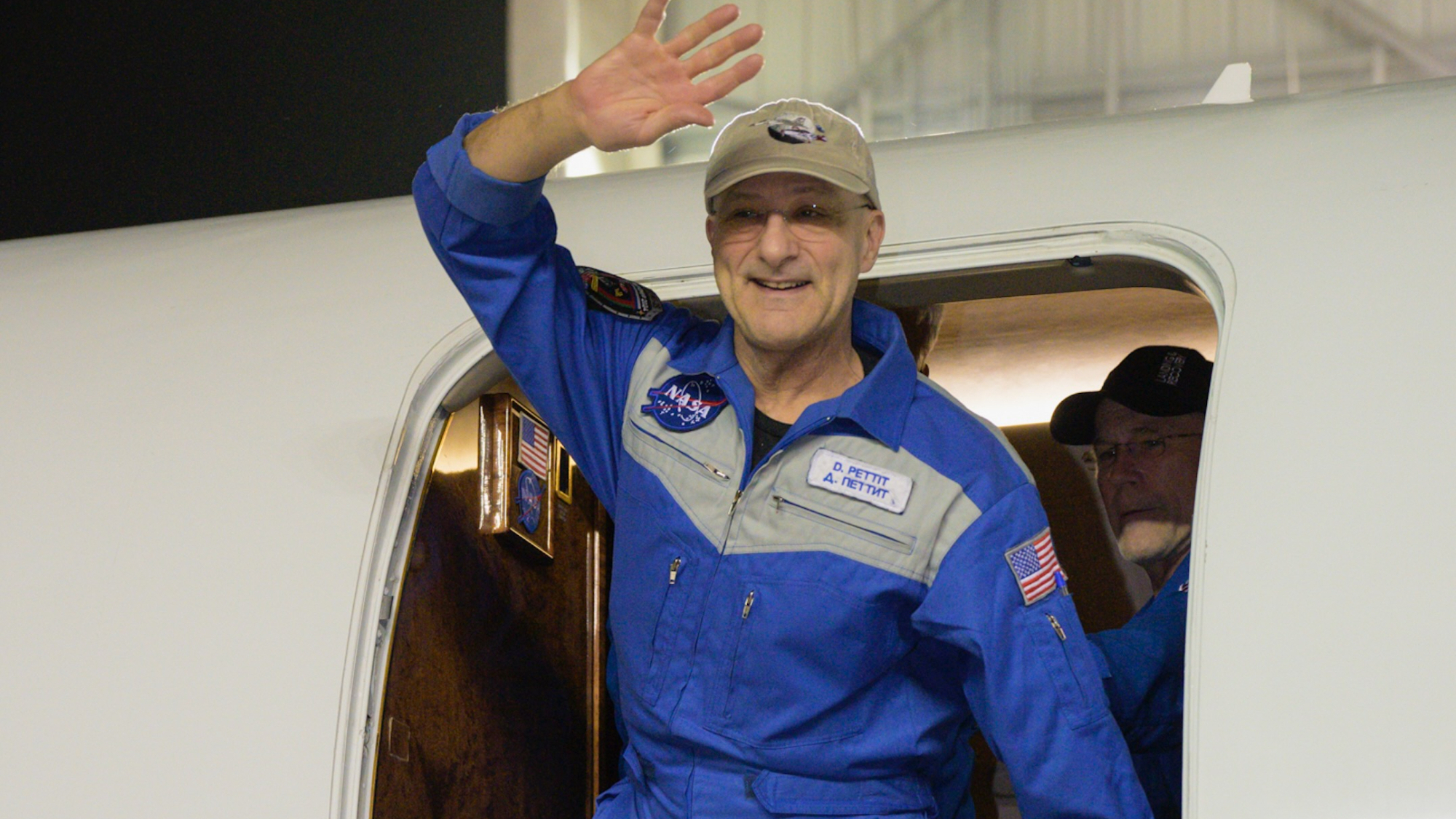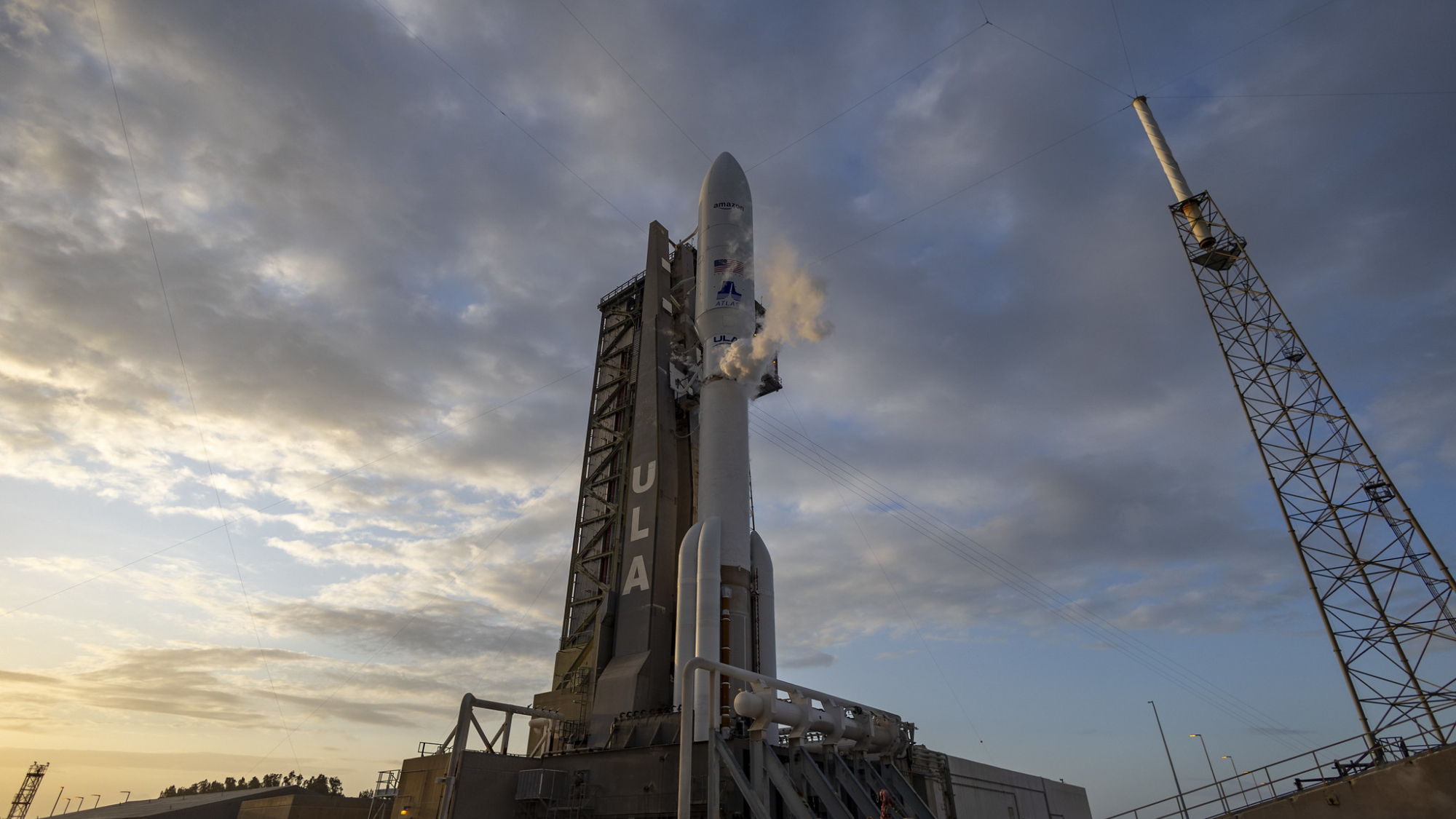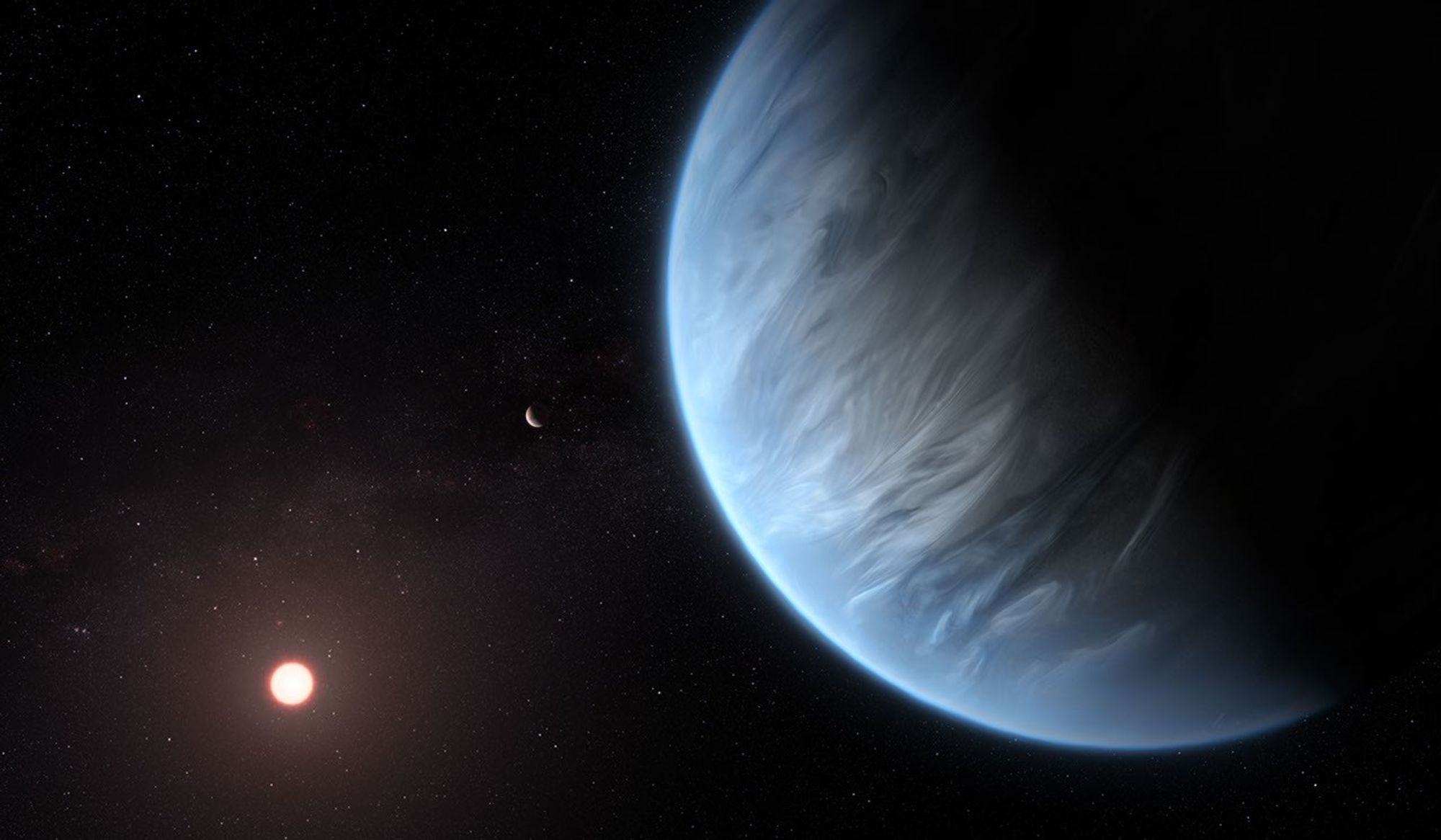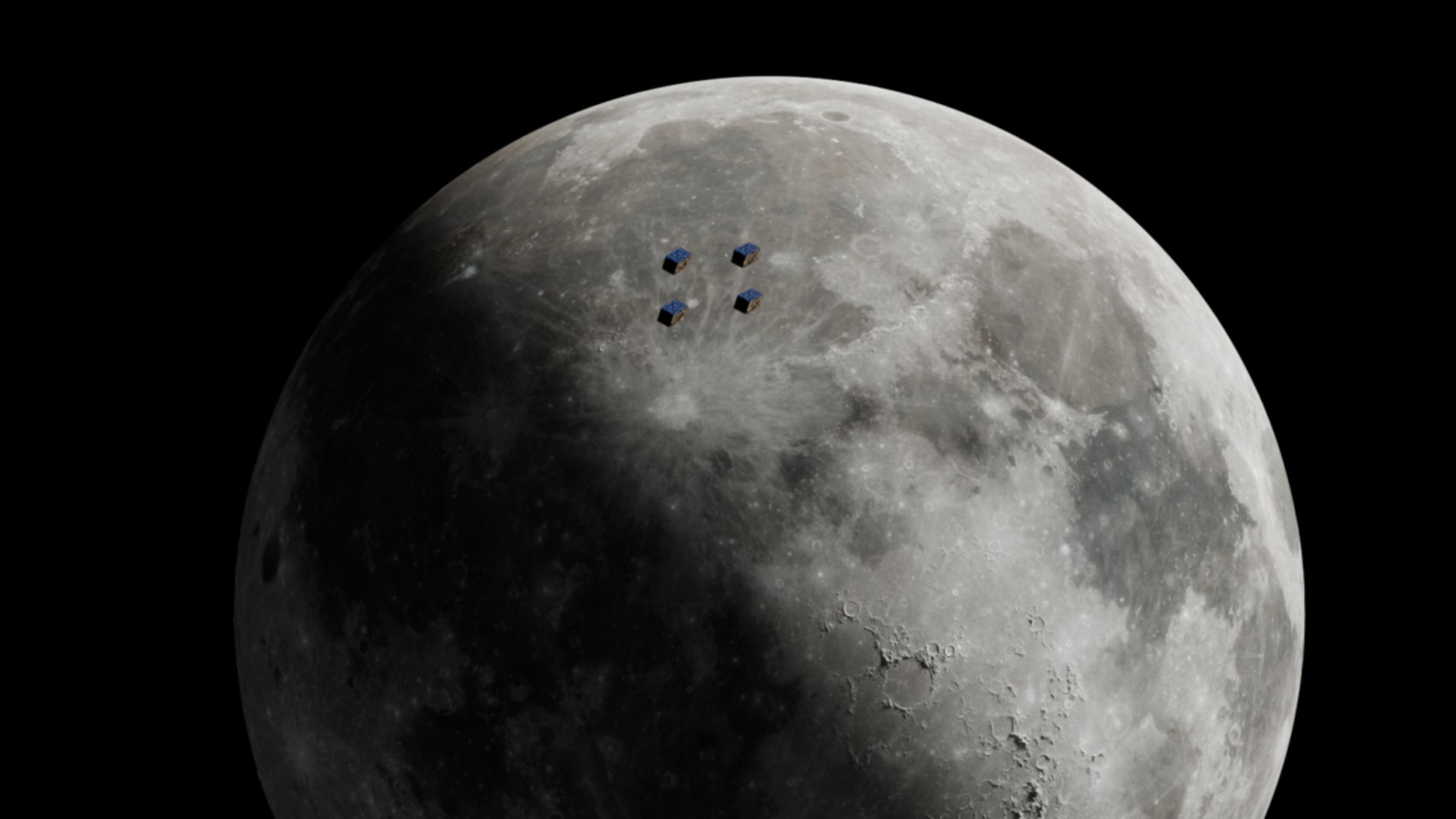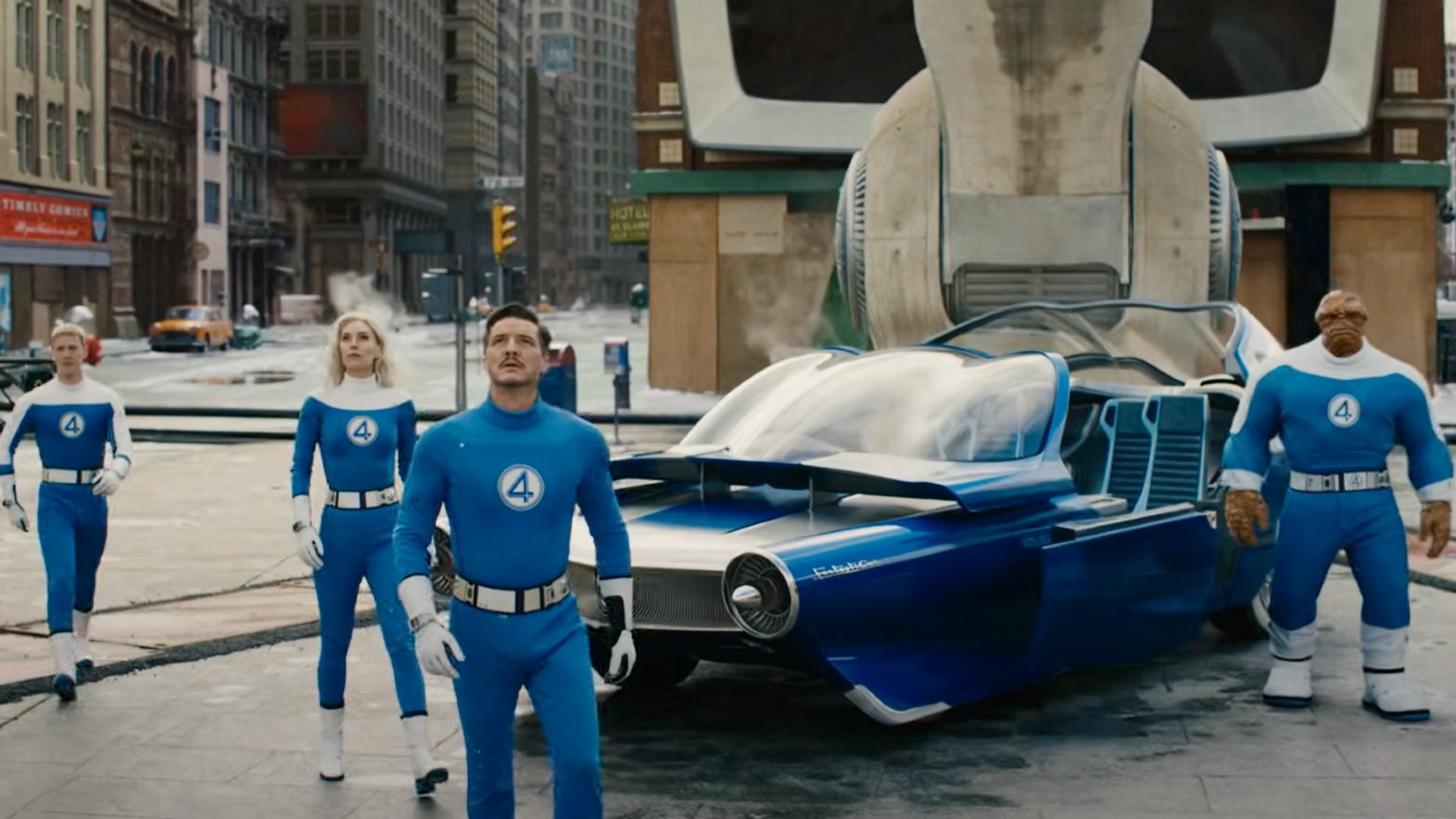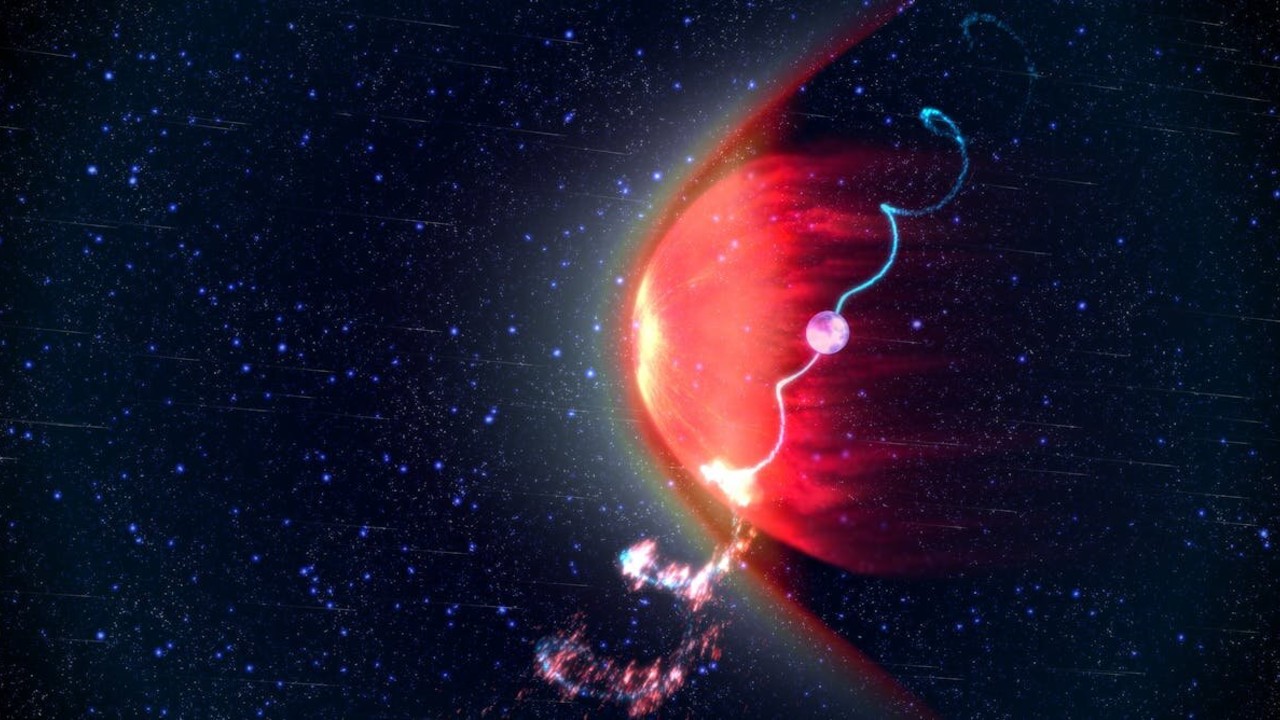NASA Joins Federal Probe Into Toyota Vehicle Problems
NASA has joined the federal probe into the cause of unintended acceleration of Toyota-built cars, with nine expert NASA engineers looking into the problem as part of a new study, the United States Department of Transportation announced Tuesday.
Transportation secretary Ray LaHood said the new study is one of two new investigations into reports of sudden acceleration in Toyota vehicles. The study is expected to last through at least late summer and include NASA experts on computer-controlled electronic systems, electromagnetic interference and software integrity.
"We are determined to get to the bottom of unintended acceleration," LaHood said in a statement. "For the safety of the American driving public, we must do everything possible to understand what is happening. And that is why we are tapping the best minds around."
The NASA engineers are based at the space agency's Langley Research Center in Langley, Va.
"A small group of engineers out of NASA's Engineering and Safety Center (NESC) is going to be supporting DOT in their study of Toyota unintended acceleration," center spokesperson Keith Henry told SPACE.com. "The agreement was just signed on Friday but the details are still being worked out."
Some scientists have suggested that cosmic ray interference or other electromagnetic sources may be a contributor to the acceleration problems reported in Toyota vehicles. Space radiation, they say, could potentially interfere with the proper performance of tiny computer chips in the vehicle controls.
NASA scientists will investigate the Toyota problems as part of a review of the vehicles' electronic throttle control systems overseen by the National Highway Traffic Safety Administration (NHTSA) – the auto safety branch of the Department of Transportation.
"We normally do aerospace obviously, but in this area of looking at electrical systems, we have guys who do that for aircraft or spacecraft," Henry said. "They do an assortment of technical assessments all the way from shuttle issues to space station to Hubble to planetary stuff to aeronautics?everything and anything within NASA where a technical assessment is needed. I think the reputation of the NESC is what got them the invitation to participate."
Get the Space.com Newsletter
Breaking space news, the latest updates on rocket launches, skywatching events and more!
The second investigation announced by the Transportation Department Tuesday is a 15-month study by the National Research Council to make a broader review of unintended acceleration and electronic vehicle controls across the entire auto industry. That study is not limited to just Toyota vehicles, and will ultimately make recommendations to the NHTSA on how the agency?s research, rules and defect investigation activities can better ensure the safety of electronic control systems in motor vehicles, transportation officials said.
"We are bringing the best minds and talents to resolve this issue," said NHTSA Administrator David Strickland. "We will not rest until we have identified and addressed any potential vehicle-related causes of unintended acceleration."
Together, both studies are expected to cost about $3 million, transportation officials said.
- Toyota Recall Might Be Caused by Cosmic Rays
- New Toyota Troubles: Copycat Complaints?
- What Were the Worst Product Recalls in History?
SPACE.com Staff Writer Clara Moskowitz contributed to this report.
Join our Space Forums to keep talking space on the latest missions, night sky and more! And if you have a news tip, correction or comment, let us know at: community@space.com.

Tariq is the Editor-in-Chief of Space.com and joined the team in 2001, first as an intern and staff writer, and later as an editor. He covers human spaceflight, exploration and space science, as well as skywatching and entertainment. He became Space.com's Managing Editor in 2009 and Editor-in-Chief in 2019. Before joining Space.com, Tariq was a staff reporter for The Los Angeles Times covering education and city beats in La Habra, Fullerton and Huntington Beach. In October 2022, Tariq received the Harry Kolcum Award for excellence in space reporting from the National Space Club Florida Committee. He is also an Eagle Scout (yes, he has the Space Exploration merit badge) and went to Space Camp four times as a kid and a fifth time as an adult. He has journalism degrees from the University of Southern California and New York University. You can find Tariq at Space.com and as the co-host to the This Week In Space podcast with space historian Rod Pyle on the TWiT network. To see his latest project, you can follow Tariq on Twitter @tariqjmalik.
